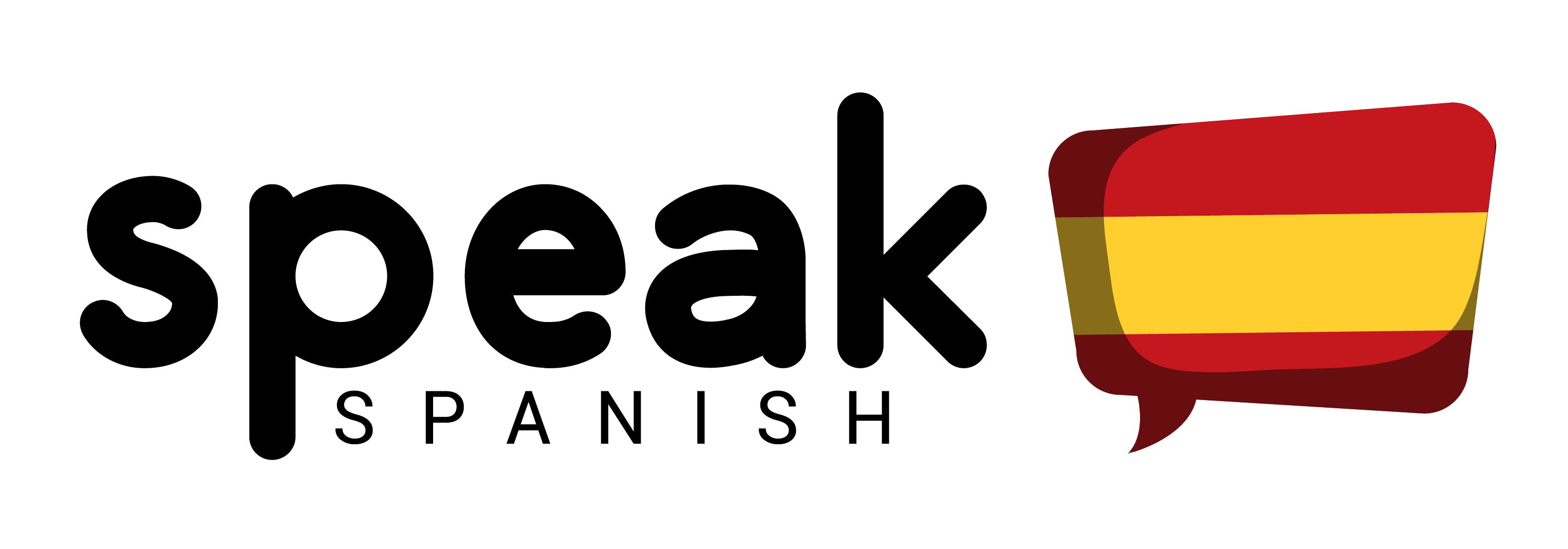Hey there, If you’ve ever found yourself in a conversation about the Spanish language, you might have stumbled upon the ongoing debate about whether to call it Español or Castellano. Don’t worry, you’re not alone! Is way more frequent than what you think. In this blog post, we’re going to dive into this intriguing linguistic debate and explore the different perspectives surrounding it. So, grab your favorite beverage and let’s unravel the mystery together!
A Brief Historical Journey
Let’s take a trip back in time, shall we? The roots of this debate can be traced back to the history of Spain itself. During the medieval era, the Kingdom of Castilla played a crucial role in the unification of the Iberian Peninsula, and its language, known as Castellano, became the foundation of modern Spanish. Some argue that using “Castellano” is more historically accurate and pays homage to the linguistic origins of the language. However, as Spanish expanded beyond the borders of Castilla, it absorbed regional variations and influences, giving birth to the wonderfully diverse Spanish we know today.
The Rise of Español
Fast forward to the present day, you’ll find that the term “Español” has gained widespread usage, especially in international contexts. The Royal Spanish Academy (Real Academia Española or RAE), the institution responsible for regulating the language, officially recognizes both terms as valid. However, they have endorsed “Español” as the more inclusive term, acknowledging the linguistic diversity and different variants spoken in various Spanish-speaking countries. In academic and diplomatic circles, “Español” has become the go-to term.
Español or Castellano? A Matter of Context and Personal Preference
At the end of the day, the choice between “Español” and “Castellano” often depends on context and personal perspective. There is no one-size-fits-all answer. Language is a living, evolving entity shaped by various influences over time. Regardless of which term you use, it’s essential to appreciate the richness of the language and foster mutual respect among speakers of different Spanish variants. After all, communication and understanding are what truly matter.
“The debate between ‘Español’ and ‘Castellano’ may seem like a maze, but let’s not lose sight of the bigger picture: language is about connection and unity. Let’s celebrate our linguistic diversity while embracing the shared bond that the Spanish language brings us.”
language lover

Embracing Linguistic Diversity
In conclusion, the Español vs. Castellano debate adds an intriguing layer to the Spanish language experience. As language enthusiasts, we have the privilege of exploring the intricacies and richness of different dialects, regional variations, and linguistic nuances. So, whether you prefer Español or Castellano, let’s cherish the beauty of the Spanish language, celebrate its global influence, and continue to engage in open, respectful conversations about our linguistic journey.
So, my fellow reader, let’s raise a toast to the Spanish language in all its splendor, remembering that the name we choose may differ, but our passion for this beautiful language unites us all!
leave me a coment to know what you think about this debate
See you in the next entry,
Alex





0 Comments